Birds
Ways to Reduce Aggressive Behavior in Your Budgie
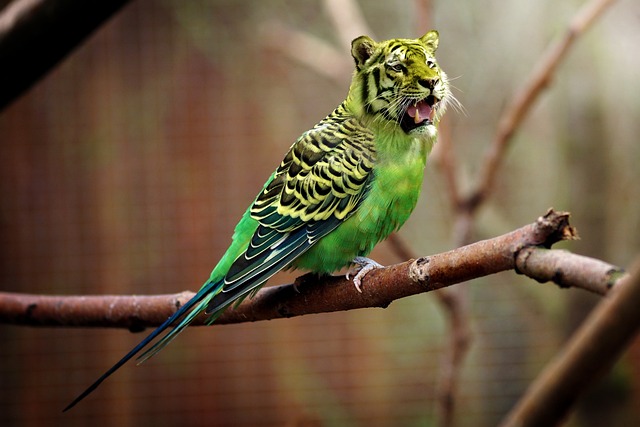
Budgerigars, also known as budgies, are often kept as pets because they are small, cute, and fun to play with. However, not all budgies are alike; in fact, the behavior of each bird can vary drastically. Many birds will not show any signs of aggression towards their owners at all, while some others may peck and bite at their hands or feet relentlessly. If you want to ensure that your budgie will never act aggressively towards you or anyone else again, read on to discover the different methods you can use to reduce aggressive behavior in your budgie.
Let Them Fly
If you want to reduce aggressive behavior in your budgie, they must get a little exercise. A cage with lots of room and toys can be an ideal environment, but too much time cooped up will only make things worse. Make sure they have at least an hour of open space every day so they can stretch their wings and fly a little. This not only lets them indulge their instincts, but it also allows them to burn off some energy—something you don’t want if you’re trying to curb any violent tendencies!
Train Them Early
If you plan on adopting a young budgerigar, you must socialize with them at an early age. Exposing them to as many sights and sounds as possible will help them to develop into a friendly adult. If your pet has already developed aggressive tendencies, try exposing them again. They may have simply missed some lessons when they were younger!
Spend Time with Them
Spending quality time with your bird is essential. It’s important to spend one-on-one time with your budgie at least once a day; it gives them a sense of security and allows you both to relax. Spend 5 or 10 minutes playing, exercising, and bonding with your bird. You will be healthier for it, too!
Keep him busy and active
Most budgies need a lot of stimulation. In a cage, they will get bored and restless very quickly, which can lead to aggressive behavior. To keep your bird from getting too excited, it’s important to find safe ways for him to play. Swings or foraging toys are two good examples; you should be able to find them at any pet store or avian store. You can also try placing toys that swing above his head so that he has something exciting and new to do regularly. While these exercises should help your bird release some of his natural energy, you must give him plenty of time out of his cage so he can stretch his wings and socialize with other birds or humans.
Change his diet
A few changes to your budgie’s diet might do wonders for its aggressive behavior. One possible solution is to switch from a seed-based diet to a pellet-based diet. Many vets and owners also recommend giving your bird human food as an added dietary supplement, though you have to be careful about what you give him—otherwise, he might develop health problems such as obesity or diabetes. It’s also crucial that he has access to fresh water at all times. Teach it tricks: Another way to reduce aggression in your budgie is by teaching it tricks. For example, if it knows how to step up onto a perch, then it won’t feel so threatened when you approach it with food.
Know Their Personality
Each bird has a personality of its own and each bird owner should learn what that personality is. Keep an eye on your budgie’s mood, its body language, and how it interacts with you and other pets in your household. It will be easier for you to recognize when your bird is feeling aggressive and act quickly before things get out of hand. The more aware you are, the less likely your budgie will become aggressive.
Work on Caging Aggression
While your budgie may be aggressive toward you and other people, he’ll likely be just as aggressive toward other budgies. Some budgies will go out of their way to pick fights with another bird or even threaten humans; they simply don’t have a clue that they’re acting inappropriately. Often, these types of budgies were kept alone for an extended period before being acquired by a new owner—you should avoid doing that yourself if you want your bird to learn how to act properly around other birds and humans. The best thing you can do is keep your bird company at all times: a bonded pair is best, but one budgie is better than none!
No mirror
In most situations, mirroring your budgie’s behavior is a great way to bond with him. But, if he’s being aggressive towards you or others it can be dangerous. Mirroring his behavior encourages his aggressive traits and could result in your budgie becoming even more aggressive over time. Therefore, it’s important not to mirror your budgie’s behaviors when they are showing aggression. Instead, try ignoring him completely until he calms down; avoid eye contact and ignore his calls as well.
If your budgie is aggressive towards its reflection, take away all mirrors.
Read Also :
The Budgie – A Sensitive Soul Who Needs Lots of Love
5 Birds That Make Great Additions to Your Family
0 Comments
Leave a Reply
Cancel reply
Birds
7 Effective Ways to Protect Your Pigeons from Diseases
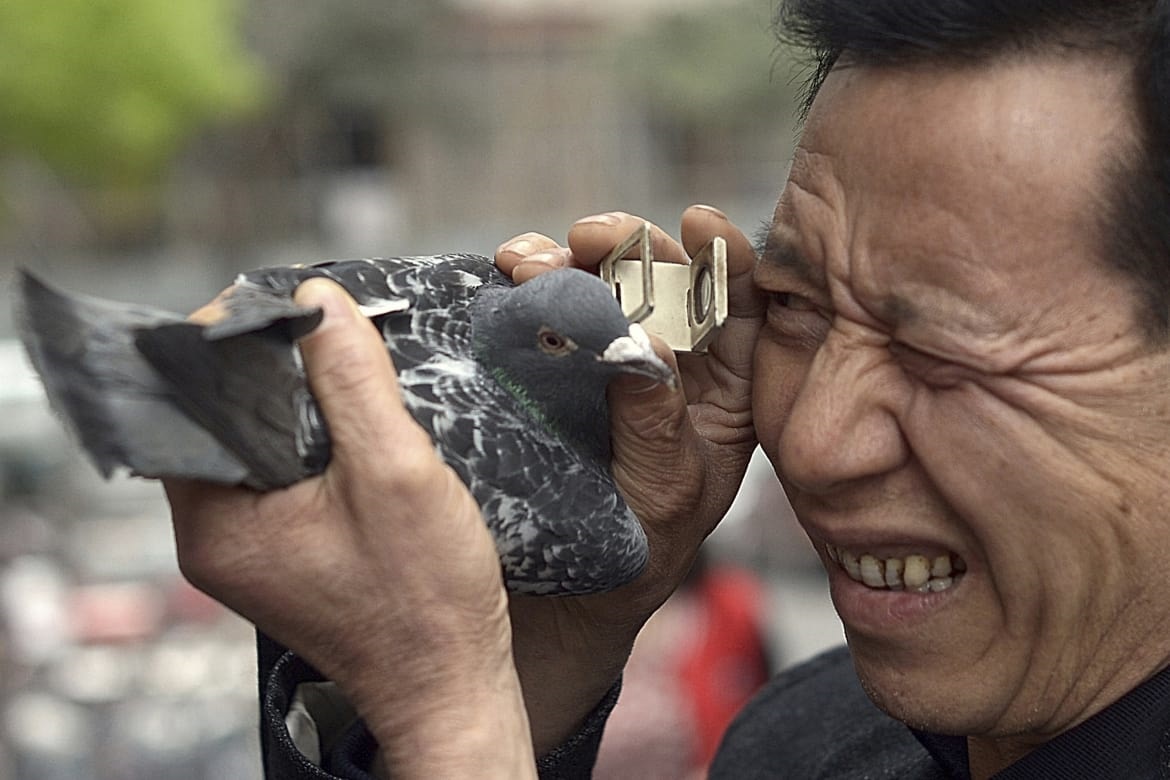
Pigeons are beloved by many as they are beautiful and gentle birds that make great pets. Unfortunately, pigeons can be prone to certain diseases that can threaten their health and well-being. If you own a pigeon or are thinking of getting one, it is important to know how to protect pigeons from diseases. In this blog post, we will provide you with seven effective ways to protect your pigeons from diseases and keep them healthy and happy.
1. Know the Common Diseases that Affect Pigeons
Pigeons, like any living creature, are susceptible to certain diseases that can compromise their health and well-being. As a responsible pigeon owner, it is crucial to be aware of these common diseases and take proactive steps to protect your beloved birds. In this section, we will explore some of the most prevalent diseases that affect pigeons and discuss how to protect them from these ailments.
One of the most common diseases that pigeons can suffer from is canker. Canker is a parasitic disease caused by the Trichomonas gallinae organism, which affects the digestive system of pigeons. Infected pigeons may exhibit symptoms such as weight loss, regurgitation, and anorexia. It is crucial to recognize the signs of canker early on, as prompt treatment is necessary to prevent the disease from spreading and causing further harm.
To protect your pigeons from cankers and other diseases, it is essential to maintain good hygiene practices. Regularly clean and sanitize their living environment, paying particular attention to their nesting areas and feeding equipment. Remove any droppings, uneaten food, or debris that could potentially harbor harmful bacteria or parasites. By keeping their living environment clean, you minimize the risk of diseases spreading and creating an unhealthy environment for your pigeons.
Additionally, providing fresh and nutritious food is essential for boosting your pigeons’ immune systems and overall health. A well-balanced diet rich in essential vitamins, minerals, and proteins helps to strengthen their immune system and enhance their ability to fight off infections. Ensure that their food is stored in a clean and dry place, away from moisture or pests that could contaminate it.
Birds
Temperature to incubate duck eggs
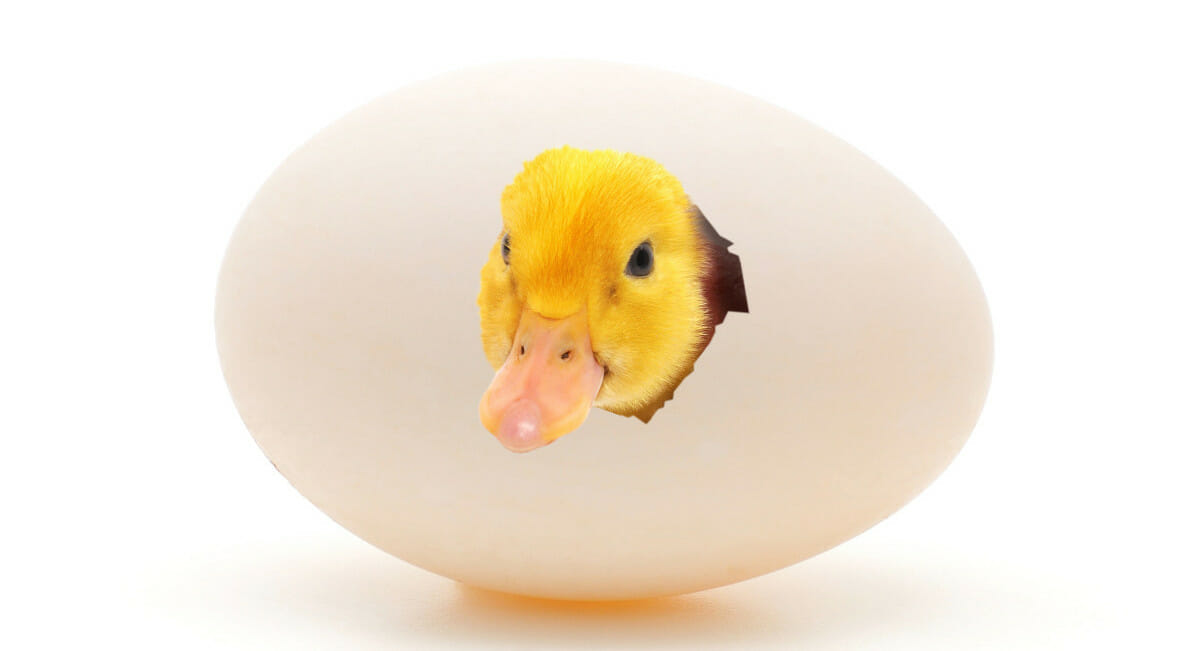
If you’re looking to incubate duck eggs, you’ll need to make sure the temperature is just right! Incubating duck eggs requires precise temperatures and humidity levels to ensure the eggs develop properly. In this blog post, we’ll go over the optimal temperature for incubating duck eggs so that you can be successful in your hatching process.
Fill a large, clean container with warm water.
When it comes to incubating duck eggs, the temperature of the water is essential. The ideal temperature for duck eggs is around 100°F (37.8°C). To ensure your eggs are incubating at the right temperature, you need to fill a large, clean container with warm water.
You can use a shallow container or an aquarium as long as it’s clean and large enough to accommodate the number of eggs you have. If you’re using a shallow container, you may need to top up the water now and then to keep the temperature stable.
Fill the container with warm tap water – but make sure you check the temperature of the water before adding the eggs. You don’t want it to be too hot as this can damage the eggs. Use a thermometer to check that the water is around 100°F (37.8°C) and adjust if necessary. Once the temperature is correct, you’re ready to add the eggs!
Place the eggs in the container.
Once you have the container filled with the desired temperature of warm water, it is time to add the eggs. Make sure that each egg is completely submerged in the water. The warmth of the water will help keep the eggs at a consistent temperature throughout the incubation period. Additionally, be sure to not overcrowd the container; leaving some space between each egg will help ensure that the eggs are evenly heated and receive adequate airflow. After all of the eggs have been placed in the container, cover the container with a lid and make sure that it is sealed tightly.
Check the temperature of the water regularly.
When incubating duck eggs, it is important to check the temperature of the water regularly. The ideal temperature for hatching duck eggs is 99.5-102°F (37.5-38.8°C). Using a thermometer, make sure that the temperature of the water stays within this range. If the temperature starts to drop below 99.5°F (37.5°C), you can add warm water to bring it back up. On the other hand, if the temperature rises above 102°F (38.8°C), you can add cooler water to bring it down. Additionally, it is important to check the temperature of the water at least twice a day to ensure that it remains consistent. This will help provide your duck eggs with an optimal environment for hatching.
Adjust the temperature as necessary.
When incubating duck eggs, it is important to make sure that the temperature stays at a consistent level throughout the incubation period. This can be done by regularly checking the temperature of the water in the container and adjusting it as necessary. Depending on the size of the container and how many eggs you are incubating, you may need to use a thermometer or an incubator to maintain the correct temperature.
The optimal temperature range for duck eggs is between 37 and 40 degrees Celsius. Make sure that you adjust the temperature accordingly if it falls outside this range. If the temperature is too low, it could lead to embryonic death; if the temperature is too high, it could cause poor hatchability. To make sure your eggs stay at a steady temperature, try to keep the water in the container warm but not hot. You may also want to use an egg turner to ensure that all of your eggs are evenly heated.

Keep the eggs in the container until they hatch.
Once you have the eggs in the container and the temperature is steady, it is important to keep them there until they hatch. This process typically takes 28-35 days. Check on the eggs daily, making sure the temperature remains constant and that the eggs are still firmly in place. You can also turn the eggs over gently every day to ensure even heat distribution. To monitor the progress of the eggs, it is recommended to handle them every week or so. Candling involves shining a bright light through the eggshell to check for signs of life inside. As hatching approaches, you may notice cracks in the shells, which is an indication that the eggs are about to hatch. Once the chicks have fully emerged, you can remove them from the container and move them to their permanent home.
Read Also :
Keeping ducks out of the pool
Raising Quail eggs
Birds
06 Tips For Properly Caring For Your Parakeets
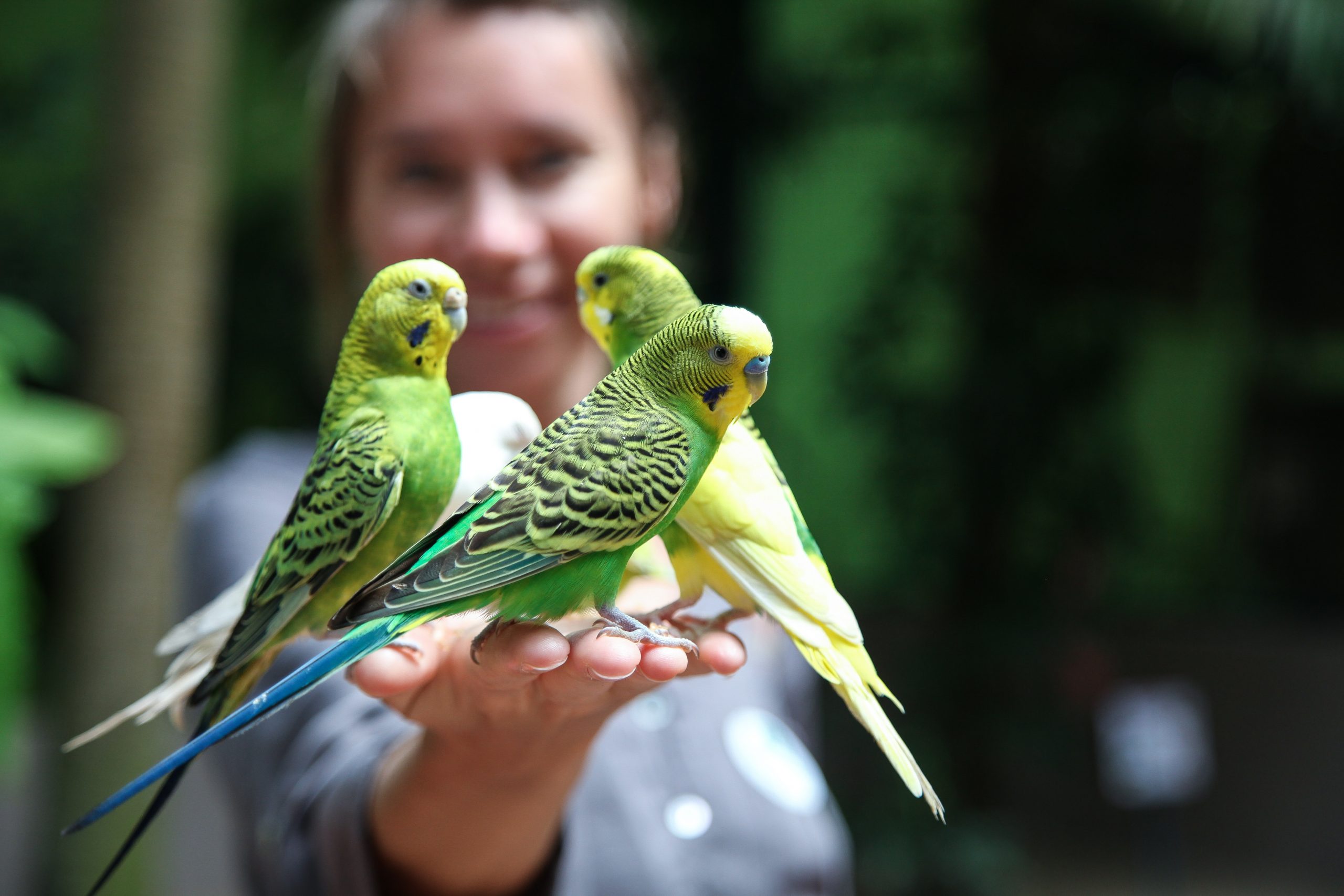
Want to make your pet parakeet’s life as enjoyable as possible? Follow these six tips for proper parakeet care, and you’ll help give them a happy and healthy life!
1) Don’t Let Their Cage Become Dirty
Be sure to clean your parakeet’s cage regularly, particularly if you see them doing their business in it. If they urinate in their cage, be sure to clean that area as soon as possible and refill their water container and food bowls. Also, wipe down any perches or other areas of their cage with a damp paper towel. Doing these things will make sure that your parakeet doesn’t get sick! What To Feed Them: In terms of feeding, it is important to ensure that your parakeet has an appropriate diet.
2) Feed Them Appropriately
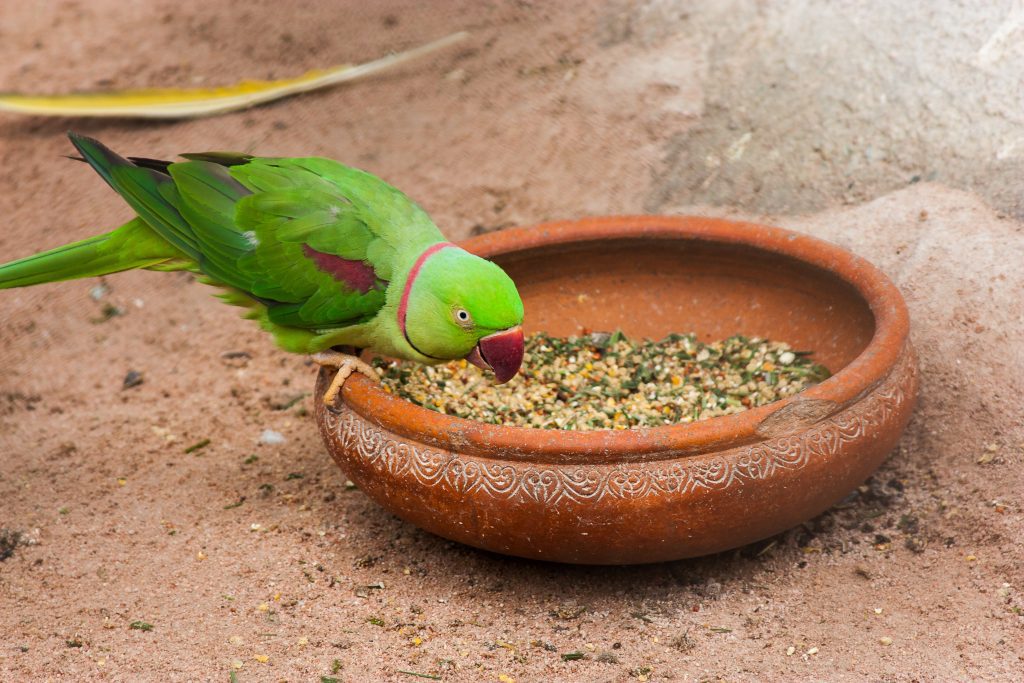
The type and frequency of food you feed your parakeet will make a huge difference in his overall health and happiness. Choose your bird’s food carefully, and avoid cheap filler foods with high sugar content. Try to mimic natural feeding habits by offering fresh fruits and veggies as well as small amounts of nuts and seeds from time to time. Also, be sure that water is clean and fresh at all times. Water bottles should be changed regularly and kept away from drafts or direct sunlight.
3) Provide Fresh Water
Fresh water is essential for parakeet survival, and it’s easy to forget to provide enough of it at all times. If you want your parakeets to thrive, be sure you provide a fresh supply of clean water at all times. The size of their bowls should not just be based on capacity; they must also be large enough that your birds can dip their heads in them without spilling water while they drink. It’s also important to make sure that no standing water remains in their bowl after each use.
4) Give Them Time Outside of The Cage
A lot of parakeet owners may feel like their pet bird is isolated, cooped up in that cage all day and night. This doesn’t have to be so. By giving them time outside of their cage each day, you allow them to stretch their wings and just have fun being a bird! Not only will your pet enjoy his or her time outside of their cage, but you’ll get some extra bonding time with him or her as well. Many experts recommend spending at least 15 minutes every day interacting with your pet birds out of their cages.
5) Always Remember That They Are Wild Animals
Keeping a parakeet in your home can make for an incredibly fun, adorable, and interesting experience, but it’s important to remember that they are wild animals. They need the freedom to fly and explore outside of their cage. You must give them time out of their cage regularly—at least once per day—to stretch their wings and enjoy themselves. This will keep them happy and healthy. If you have any other pets or children at home, be sure to watch them carefully around your new pet bird so as not to frighten or stress him/her.
6) Don’t Keep One By Yourself
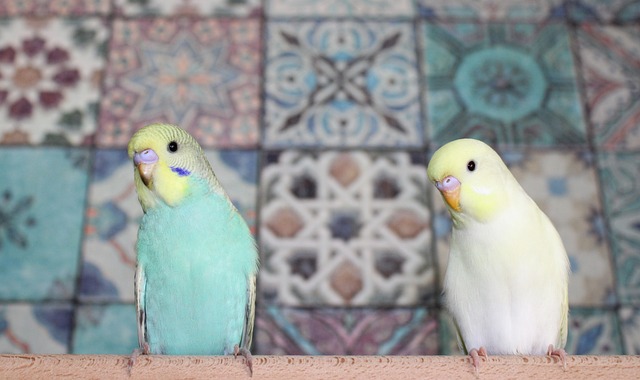
In general, parakeets make poor solitary pets. They are social creatures and do best when in a flock of at least two or three. If you do happen to have only one bird, make sure to spend as much time with it as possible to help it feel more secure. Be sure to include your pet in family activities whenever possible, even if it’s just watching TV together.
Read Also :
Get to Know Birds: The Basic Tricks You Need to Know
The Perfect Blend for Your Birds: Birds and Blend
Trending

 Cats1 year ago
Cats1 year agoDon’t Feed Your Cat These 8 Foods!

 Cats8 months ago
Cats8 months agoWhy Do Cats Spray and How Can You Stop Them? Insights into Urine Spraying in Male Cats

 Dogs2 years ago
Dogs2 years agoSo You’re Thinking About Getting a Poodle

 Birds1 year ago
Birds1 year agoThe Perfect Blend for Your Birds: Birds and Blend

 Cats8 months ago
Cats8 months agoThe Ins and Outs of Cat Sterilization: Removing the Female’s Ovaries

 Cats8 months ago
Cats8 months agoPre-Vaccination Prep: Getting Your Cat Ready

 Horses1 year ago
Horses1 year agoDon’t Go Horse Shopping Without Checking This Dressage Horse Shopping Checklist First!

 Dogs8 months ago
Dogs8 months agoWhat to Do With Your Dog’s Body After Death: A Guide for Pet Owners




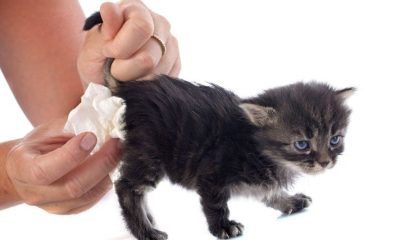



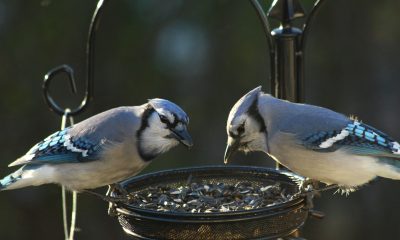









Pingback: The Budgie - A Sensitive Soul Who Needs Lots of Love